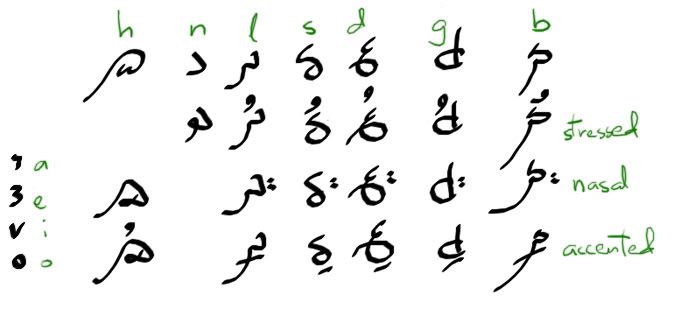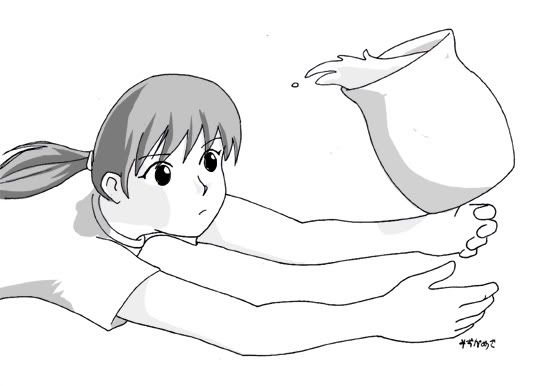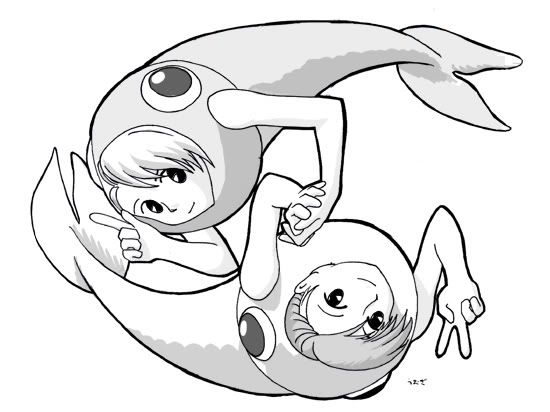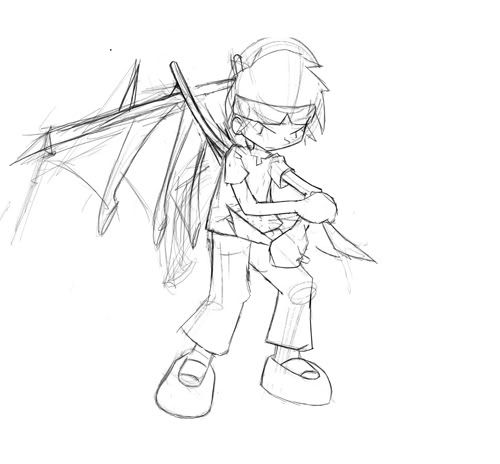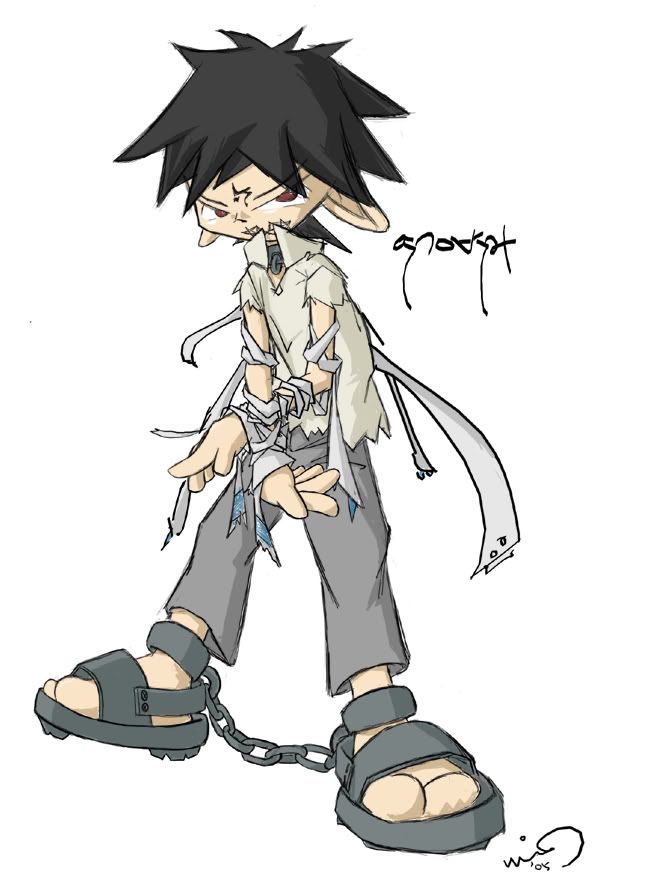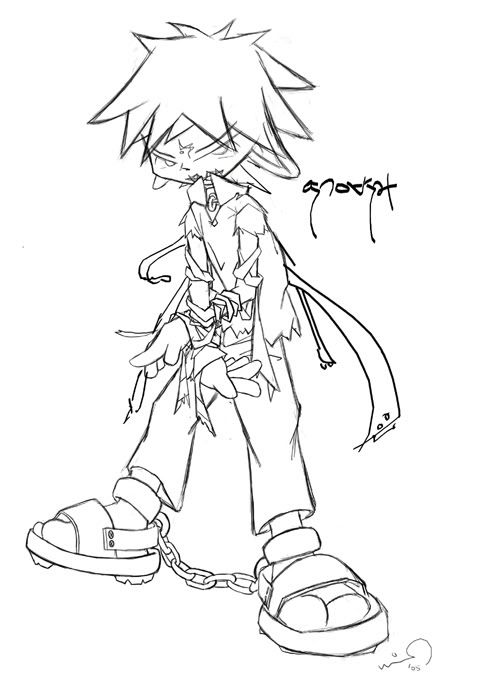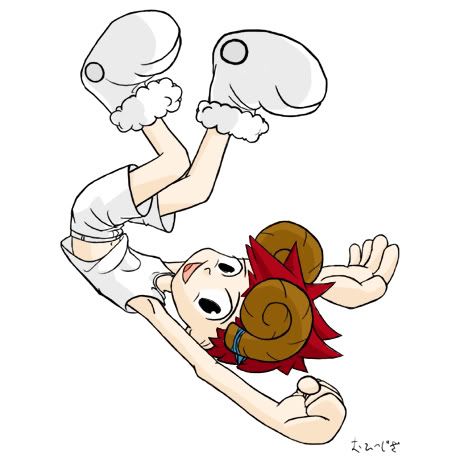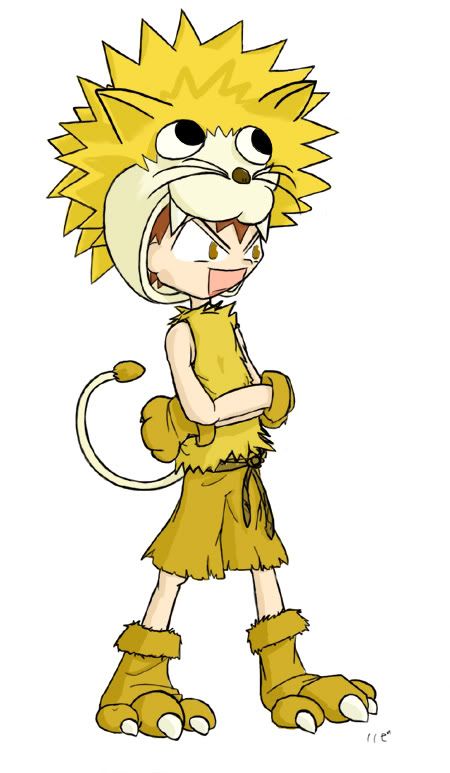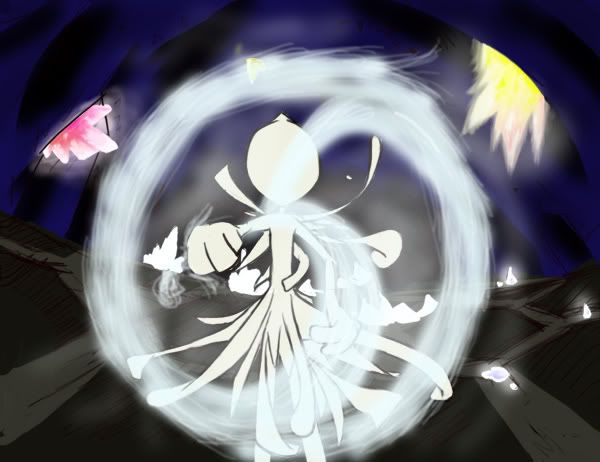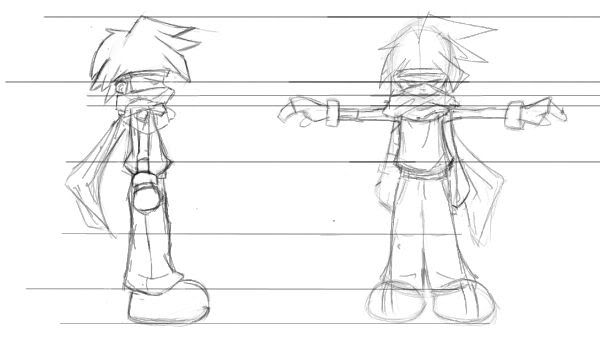I'll start of with a brief introduction for those who read my blog and don't play Magic. Experienced polayers may skip the next two paragraphs, but it's advised that you read it as well becuase hey, I didn't write it for nothing.
Anyway, there are five colors in the game of Magic - white, blue, black, red, green in that order. Each color represents an aspect of magic itself, it shouldn't be too hard to see what each color does - white is the color of healing and protection; blue is the color of knowledge and cunning; black is the color of death and greed; red is the color of chaos and destruction; and green is the color of nature and life.
Counterspells are, well, spells that alow you to 'counter' your opponent's. When a spell is countered, it is rendered null and void. It does nothing. It's a spell that has gone to waste. The creator of the game decided to put counterspells in blue, the color of trickery. Your opponent spends all his resources casting a bigass spell and wham, your counterspells blows it away. Counterspells are probably the most annoying cards in the whole game. Try to bring a deckful of counterspell to a tournament and you'll be beaten. Physically.
The hated ancestor of counterspells is guess what, Counterspell (People back then aren't as creative with names). For two blue mana (the primary resource in the game, for those who don't play. Just take it like 'money'.), it puts every other spell at risk. Blue wasn't that much of a popular color back then mainly because it's lacking effecient big creatures that actually win you the game. (Side note - For a more complete description about the rules of the game, check out EWA's Secret Lair.) I suppose Counterspell didn't have much attention payed to it as well.
Another blue counterspell that came alongside Counterspell was Spell Blast. Spell Blast was even less well-received becauae of it's )often high) variable cost. Most of the time, it's caster has to spend more than three mana to actually counter anything.
Ironically, Spell Blast's superior counterpart, Power Sink, came along in the same set. Power Sink was basically a race of resources, whoever has more mana wins. If your opponent can't pay what you invested into the Sink, he loses.
The real power-counter didn't come until three years later, when the Alliances expansion was released. Force of Will was the first 'free' counterspell, free in the sens ethat you needn't use any mana to cast it. It instead use an alternate resource - your life and the cards in your hand. Even at five mana, Force of Will was the more popular choice because you can play it as a trick up your sleeve when your opponent sees that you have no mana (money, remember?) available.
Alliances also brought in the 'cantrip' counterspell Arcane Denial. A 'cantrip' spell is one where supposedly, you don't spend anything to cast it. The spell comes along with 'draw a card', which means that the spell somehow replenishes itself. This was another preferred counterspell because it costs only two mana, gives you a card, although it gives your opponent two. It was another fourteen months until another 'cantrip' counterspell, Dismiss was released in the Tempest expansion.
The second expansion of the Tempest block, Stronghold (Side note: Magic expansions are released in 'blocks' of three - One big and two small expansions.) featured another popular counterspell, Mana Leak. Mana Leak counters a spell if your oppoent can't pay 3 mana, which is quite a lot in early game. Some expert players play just one copy of Mana Leak as a psychological tactic. By Leaking one spell, his opponent would be more careful in casting his spells, thus saving up more mana for future Leaks and slowing his progress.
The Mercadian Masques block, published in 1999, had a few 'free' counterspells namely Thwart, Daze and Foil, though none were as hyped as Force of Will.
All the while, the original Counterspell was reprinted in base sets and expansions frequently. It was last seen in the 7th base edition, and after that only lesser counterspell variants like Mana Leak and Memory Lapse were reprinted. The Magic R&D team has tried to reduce the power of counterspells, especially those 'hard counters' - counterspells that don't have failsafes like Mana Leak. One of the better recent counterspells is Hinder, a hard counter for 3 mana though it has to put the countered spell back into the library (the deck); and Disrupting Shoal, another 'free' counterspell that may be alternatively played by discarding a card from your hand.
Thanks to Magic R&D's wisdom and insight, couterspells have been brought to a power level where they should have been. In conclusion, I shall quotet he immortal words of a blue mage, "In response, I tap for two blue."
